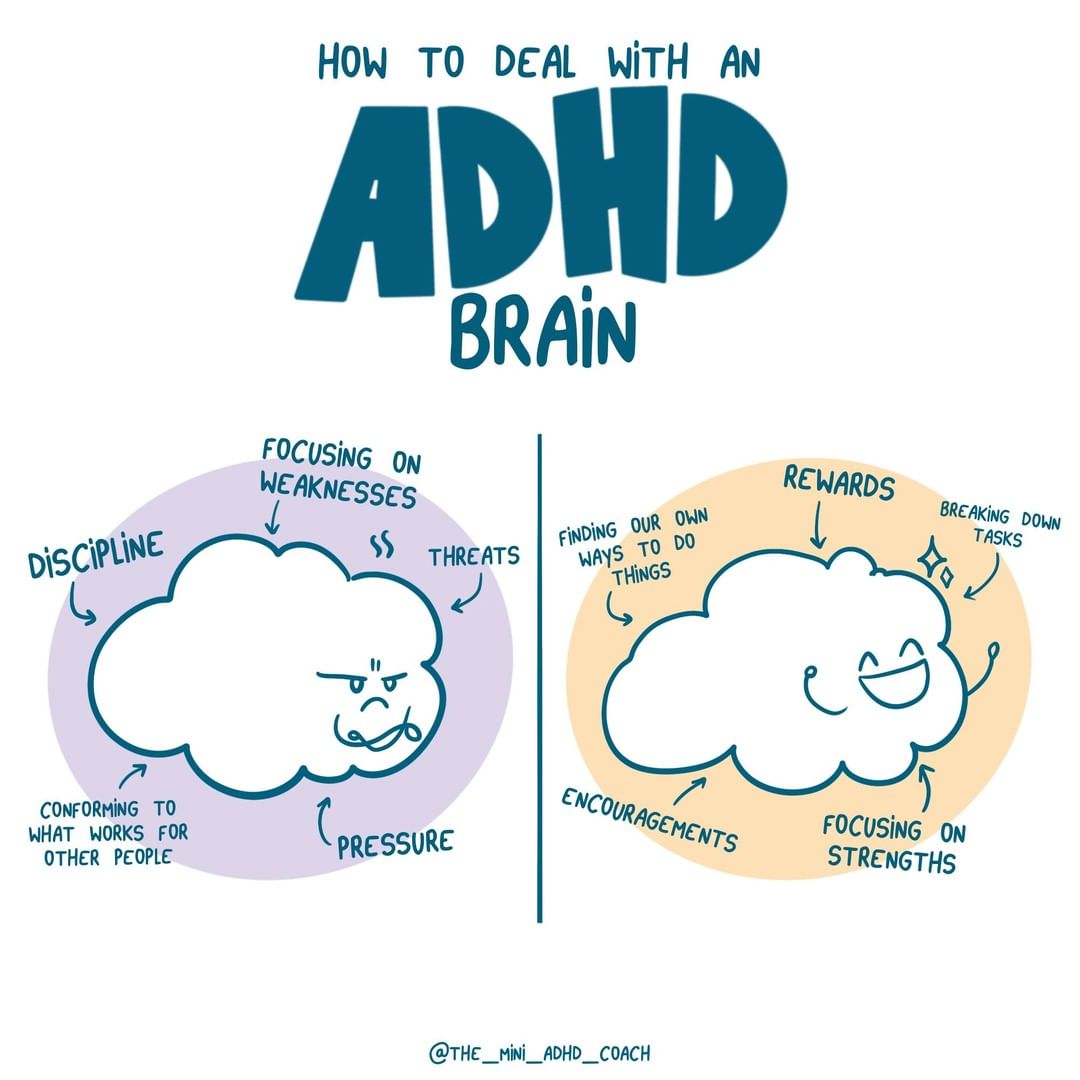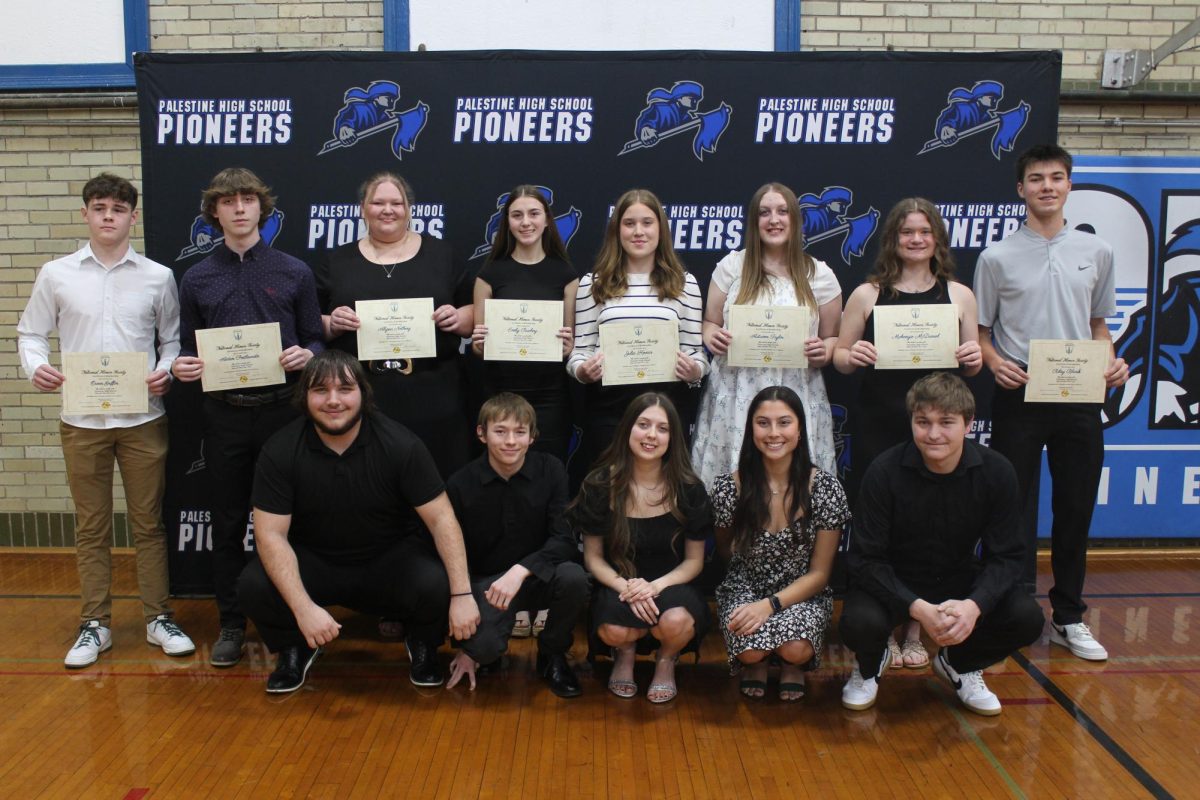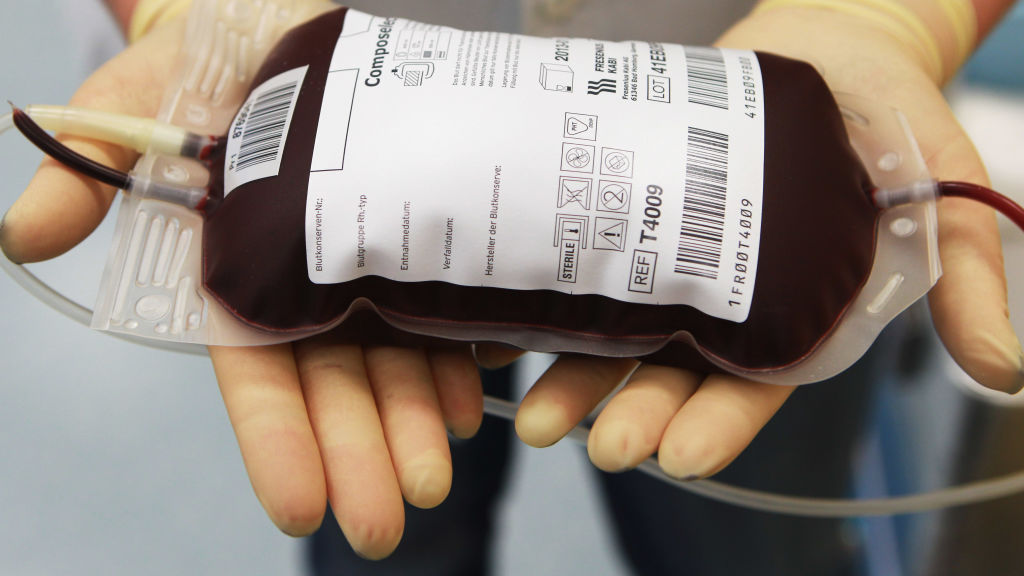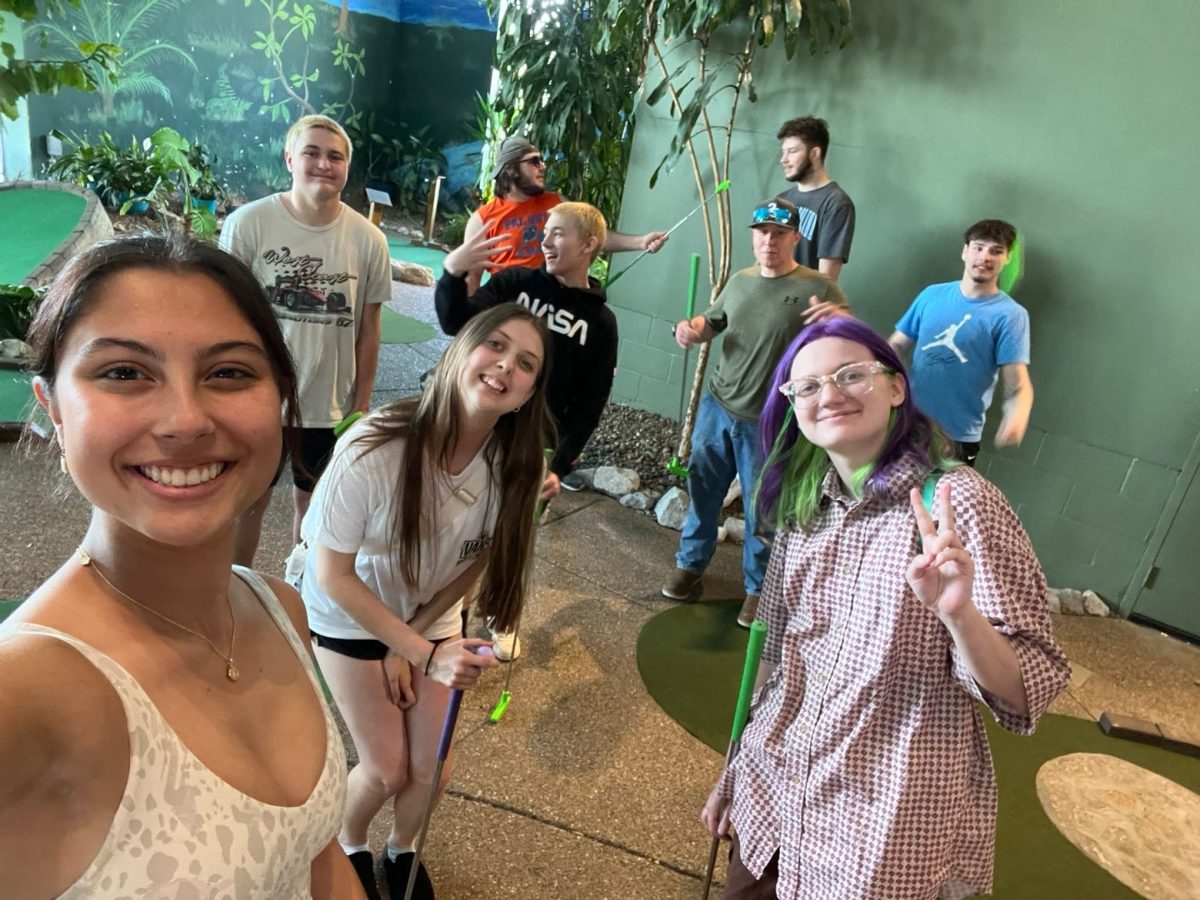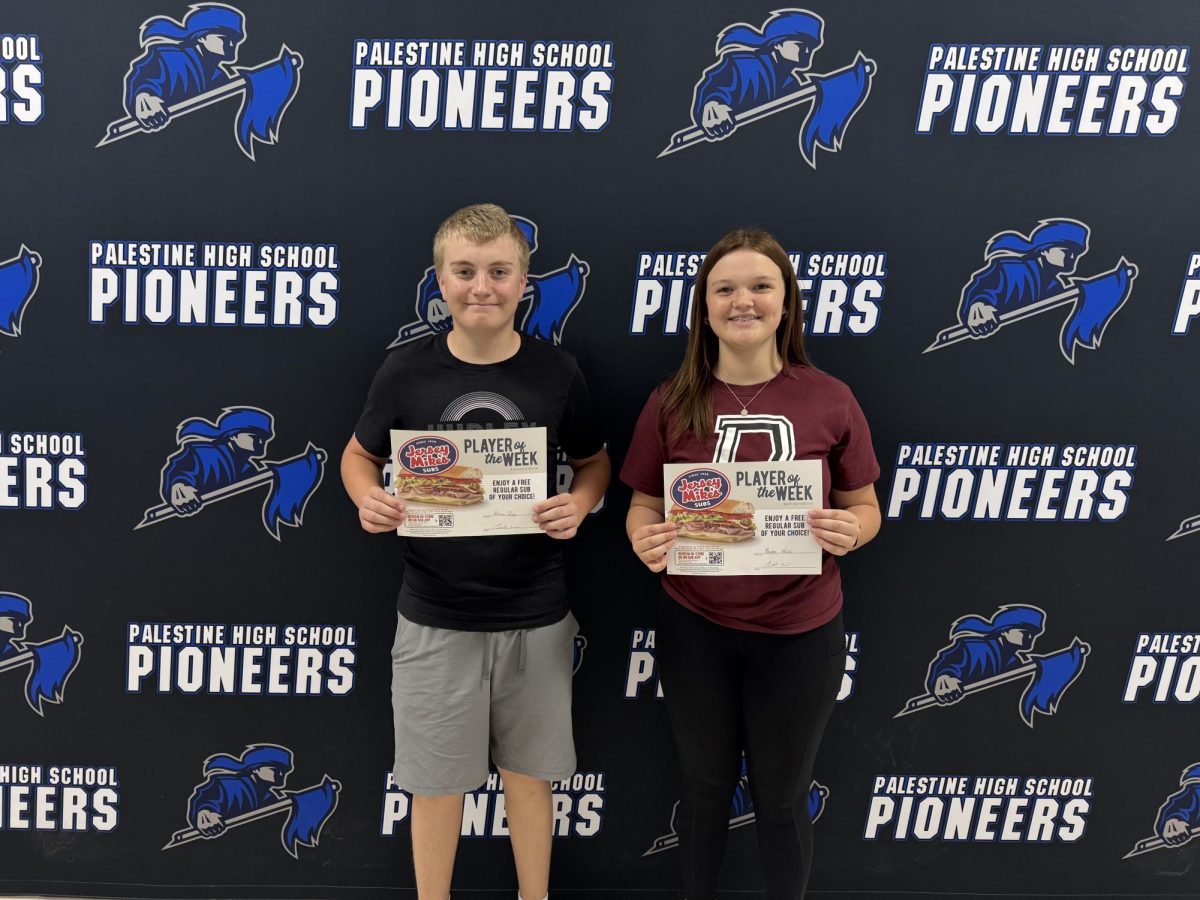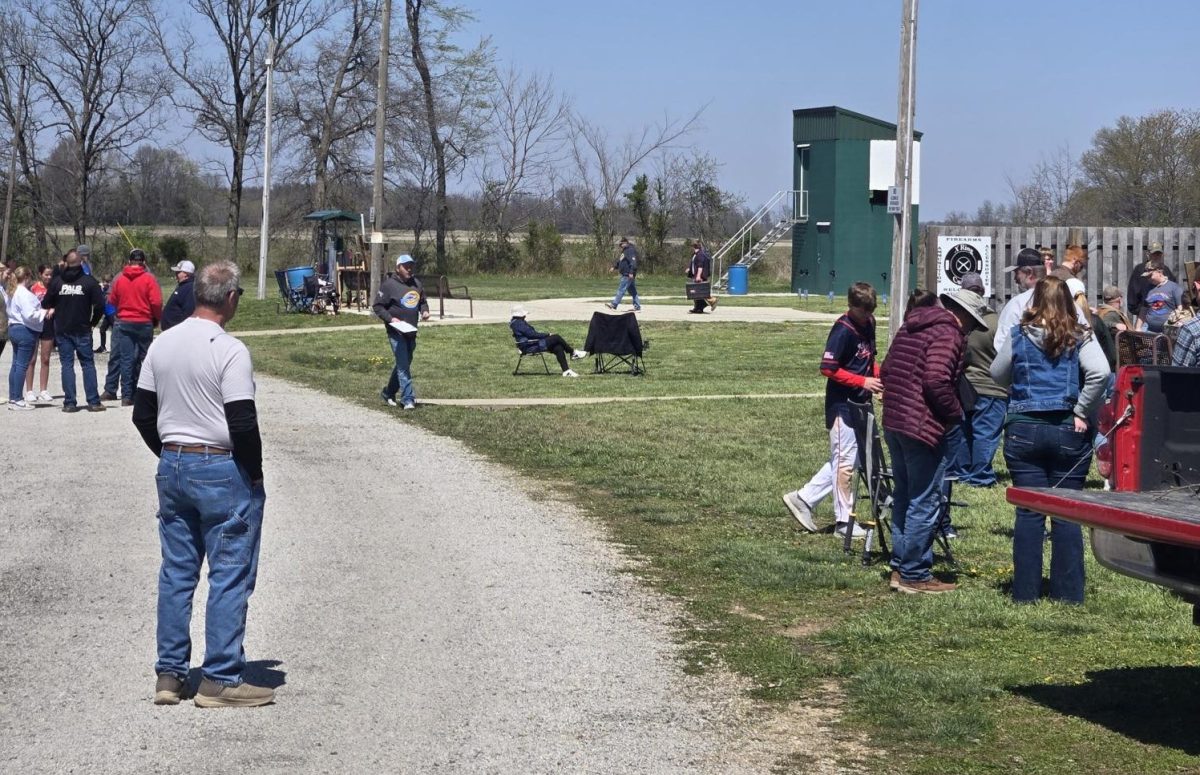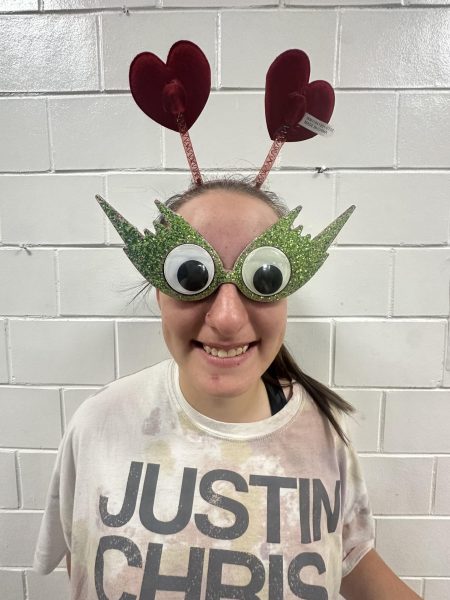Many students, and even teachers, we know are affected by ADHD. This is a simple guide to help you learn more about ADHD to better understand your peers and elders!
What is ADHD?
What is ADHD? ADHD, or Attention Deficit Hyperactivity Disorder, is a mental health condition that affects about 8.7 million people in the U.S alone. ADHD can appear at many different times and in many different ways. The most common time it appears is during early childhood. Some people claim that they “grew out’ of their ADHD, while for others, it persisted throughout their adulthood. The causes of ADHD are unknown, but some scientists believe that it is due to genetics.
ADHD has three different kinds of presentations:
- Predominantly Inattentive
- Having trouble paying attention
- Not being able to sit still or focus
- Seeming to not listen even when being spoke to directly
- Avoiding or disliking tasks that require mental effort over a long period of time(ex. homework)
- Is easily distracted
- Often forgetful in any daily activities
- Predominantly Hyperactive-Impulsive
- Often fidgeting with or taps hand or feet or squirming in seat
- Often leaving seat in situations where being seated is expected
- Often runs about or climbs in situations where it is not appropriate
- Often talks excessively
- Has trouble waiting their turn
- Often interrupts or intrudes others
- Often blurts out an answer before a question or statement has been finished
- Seems to be “on the go” or “bouncing off the walls” as if “driven by a motor”
- Combined Presentation
This one is exactly how the name sounds. If enough symptoms from both presentations are shown and present for at least 6 months.
FAQs from Mrs. Jessica Will, our school counselor
How many students are affected HERE?
Around 10 students are affected by ADHD and are diagnosed. There could be more who just show symptoms but not enough to get them diagnosed.
How is ADHD a good thing?
From time to time, I feel like we all experience restlessness or boredom. I feel like we all have to learn to overcome our own struggles.
Have you seen ADHD present itself differently in different people?
Yes and No. Yes, because everyone responds to ADHD itself differently. They also handle it in ways that other people might not see as effective. But also no because ADHD symptoms are all connected or interlinked in some way.
Are there enough support systems in our school for neurodivergent people?
I feel like as a school, we do the best we can. I feel like it’s a constant battle between providing accommodations and setting restrictions and finding that healthy balance.
Do you think the teachers themselves are supportive enough of children who have ADHD?
Yes. I feel like all the teachers are supportive of not just students with ADHD, but also neurodivergent people in general. Especially with the implementation of the “Fidget Boxes” in most classrooms for children who need them.
More ADHD facts.
ADHD has many other disorders that come along with it including:
- Eating Disorders
- Oppositional Defiant Disorder
- Anxiety
- Depression
- Sleep Disorders
- Mood Disorders
- Tic Disorders
- Learning Disabilities
- Personality Disorders
Most of the time, when people are diagnosed with ADHD, they are also diagnosed with some of these disorders. It can also lead to problems with peer pressure and increased injuries.
How can I be supportive/helpful for, of, or to people with ADHD?
-Short answer: Don’t treat them any differently than you would anyone else.” Long answer: There are many ways you can be helpful and/or supportive for not only people with ADHD, but also neurodivergent people in general. For instance, you can:
- ASK. QUESTIONS.
-
- People with ADHD, like everyone else, are different. Everyone deals with everything differently. If you don’t know something, ask them. This can also help you to understand them more to better help them.
- Pay attention to how they behave in certain situations.
- People with ADHD are really good at masking things. For instance, someone could be laughing and having a good time at a party, but as soon as they get home, they seem exhausted and overwhelmed. This is due to their “social battery” getting low. This “social battery” is the amount of energy people have for energy.
- People with ADHD are known to react in many different ways when it comes to social situations. Some are social butterflies and some are very standoff-ish. Some even go as far as refusing to go outside from social anxiety.
- Help them to feel comfortable enough around you to “unmask”.
- “Unmasking” refers to them having to act “normal and calm” when in certain social situations. When they are in comfortable environments and are around people they are comfortable with, they tend to let all of their energy out. At first, this can seem like a lot to handle, but it just takes some getting used to.
- Be understanding, accepting, and patient.
- Just as you would with anyone and everyone else, be understanding with them. Sometimes it’s hard for them to fully unmask themselves around certain people. Being patient and accepting with anyone can go a long way.
Sources:

